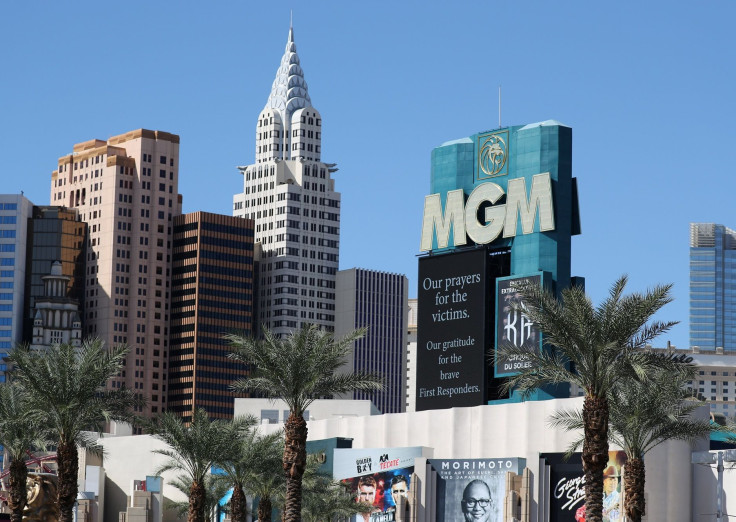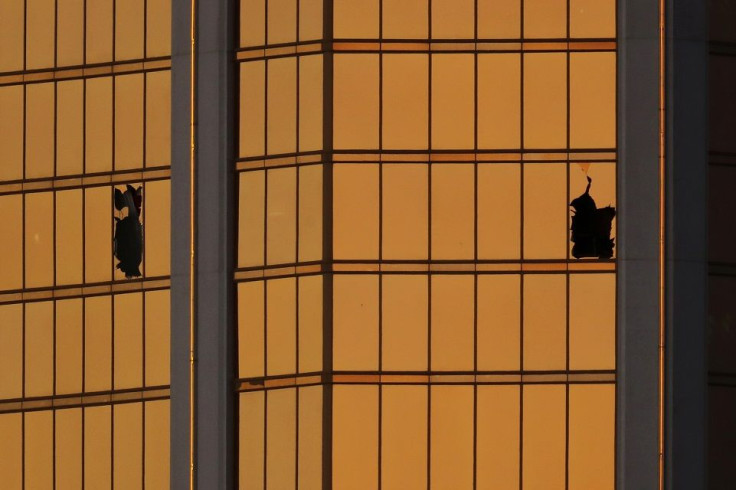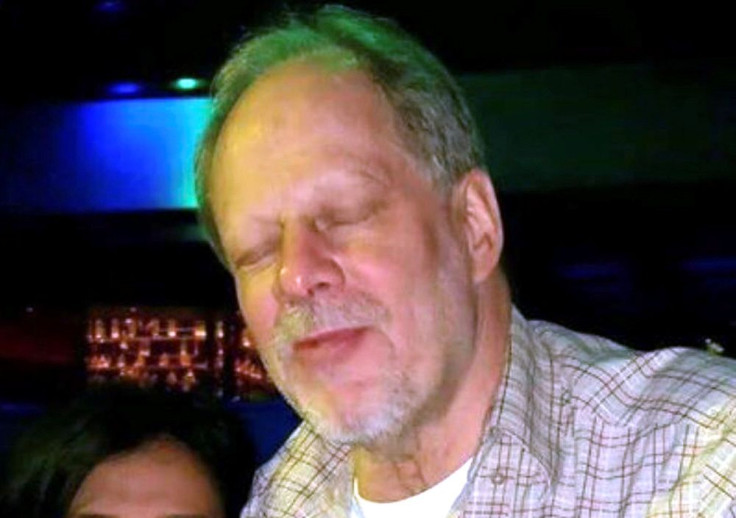MGM Resorts sues Las Vegas shooting victims

The victims of the Las Vegas shooting in October have been sued by the owner of the Mandalay Bay hotel, where shooter Stephen Paddock stayed in. MGM Resorts International is suing hundreds of the mass shooting to avoid legal liability.
In lawsuits it filed last week in the US states of Nevada and California, the company argues that it has “no liability of any kind” to the victims. MGM says it cannot be held responsible for the deaths, injuries or other damages stemming from the mass shooting incident, asking the court to dismiss all claims against it.
It cites a 2002 federal act that extends liability protection to any company using “anti-terrorism” technology or services that can help prevent and respond to mass violence, Las Vegas Review-Journal reports. It further argues that the security vendor MGM hired for Route 91, where the shooting occurred, was protected from liability because its services had been certified by the Department of Homeland Security for “protecting against and responding to acts of mass injury and destruction.”
And since MGM, which owns Route 91, hired the security company, the protection should allegedly extend to it as well. MGM also owns Mandalay Bay, the hotel where Paddock stayed and shot the victims from.
The company isn’t seeking money from the victims. Its lawsuits just want to block the claimants to be able to file lawsuits against it.

Law Vegas lawyer Robert Eglet, who represents some of the victims, said the company’s action was a pre-emptive strike to get the cases heard in federal court instead of state court because it probably believed it has better chances to win in a federal case. He also viewed MGM’s decision to file the lawsuits in two states a “blatant display of judge shopping” that “quite frankly verges on unethical.” He said that since MGM is a Nevada company, any lawsuits should belong in that state court.
“I’ve never seen a more outrageous thing, where they sue the victims in an effort to find a judge they like,” he said. “it’s just really sad that they would stoop to this level.”
An MGM spokeswoman said that the federal court is the “appropriate venue” for the lawsuit as it provides opportunity for a timely resolution. “Years of drawn out litigation and hearing are not in the best interest of victims, the community and those still hearing,” she said.
Hundreds of victims of the mass shooting have sued MGM last year for alleged negligence on the hotel’s part, according to Reuters. Four other lawsuits against the company were also filed by those injured at the concert or the family members of those who died.
On Oct. 1, 2017, Paddock opened fire at concert-goers at the Route 91 Harvest country music festival from his hotel room at the 32nd floor of the Mandalay Bay. He was able to kill 58 people and wound more than 800. By the time cops stormed his room, he had already killed himself.
His motive for the shooting was left unknown, which is why the police couldn’t label him a terrorist.






















